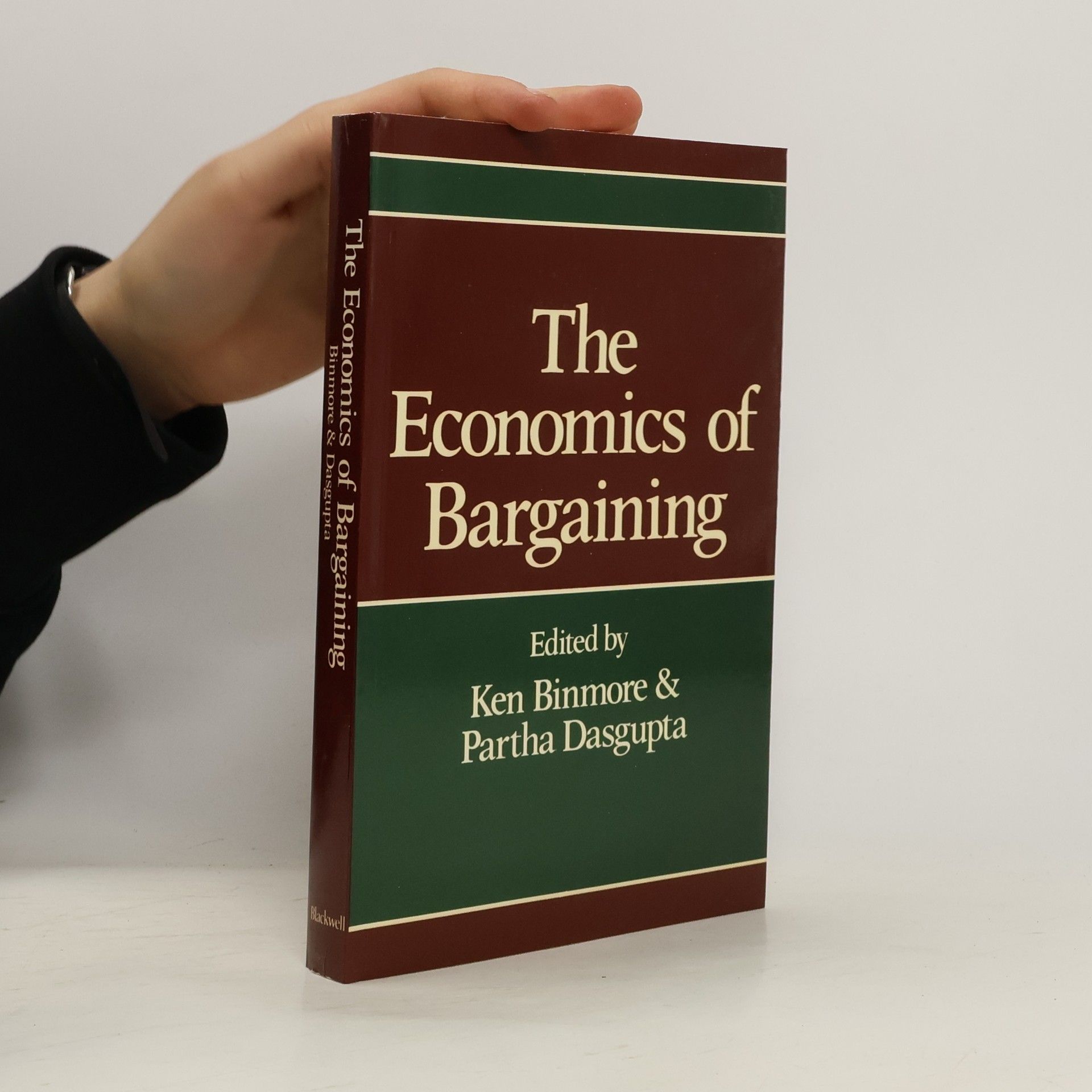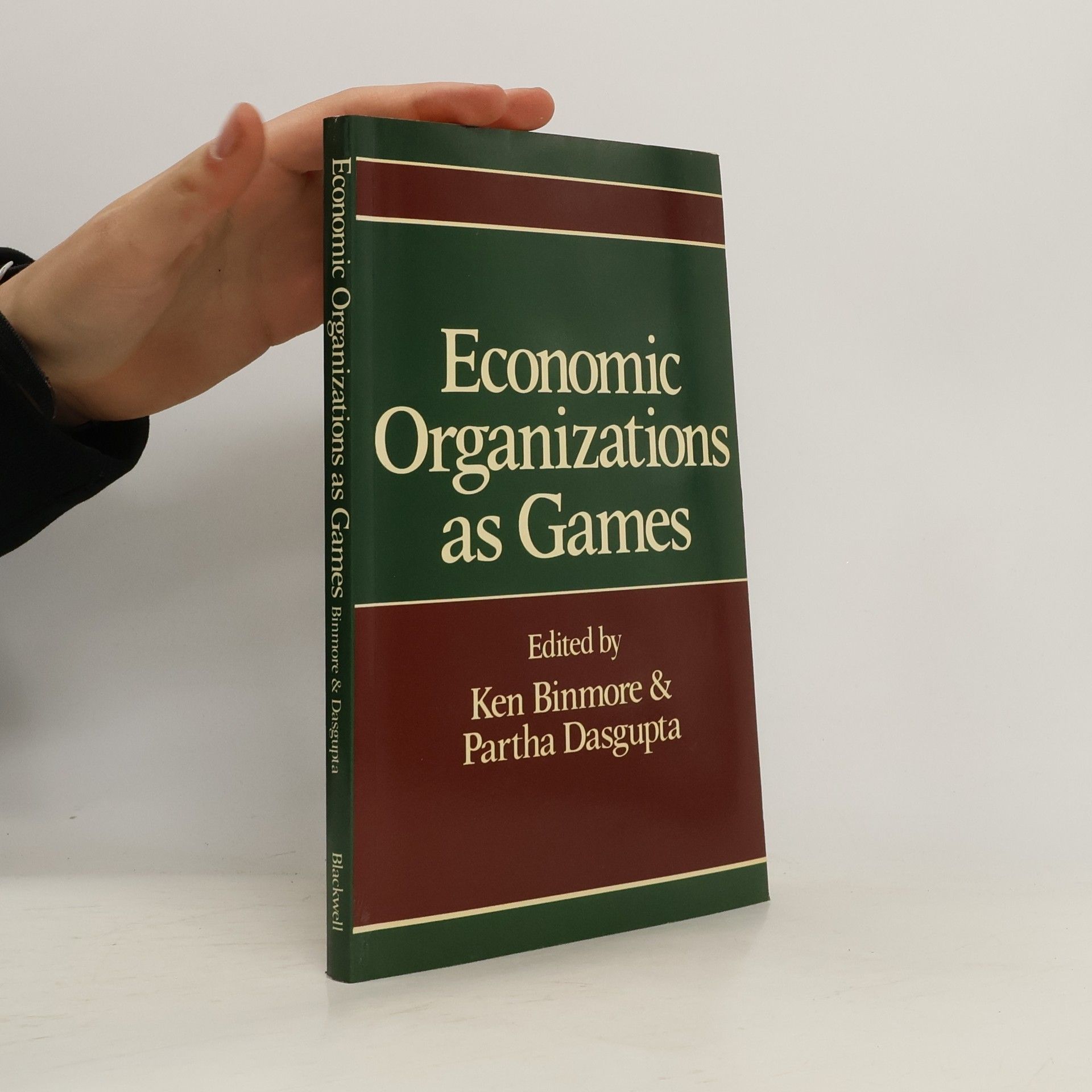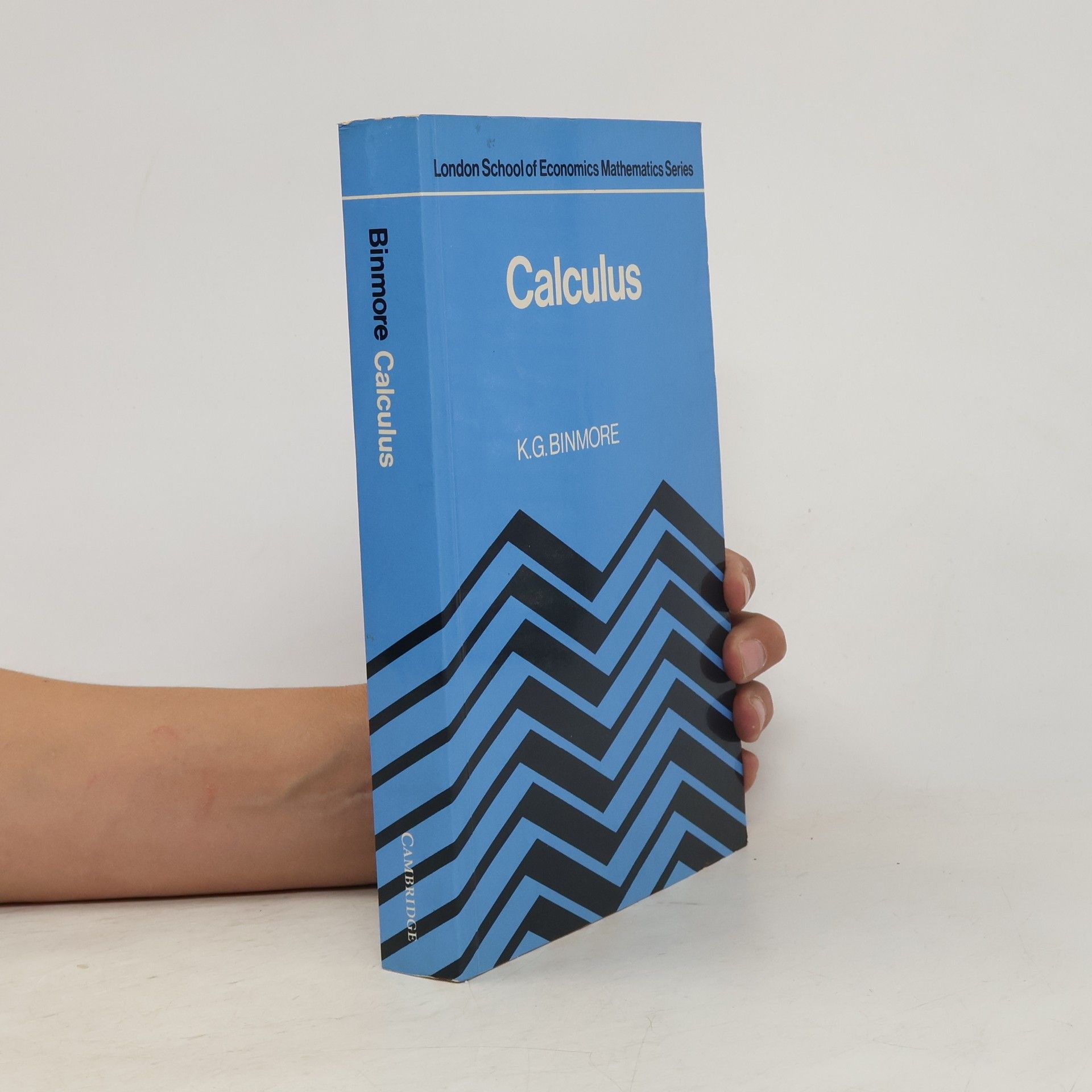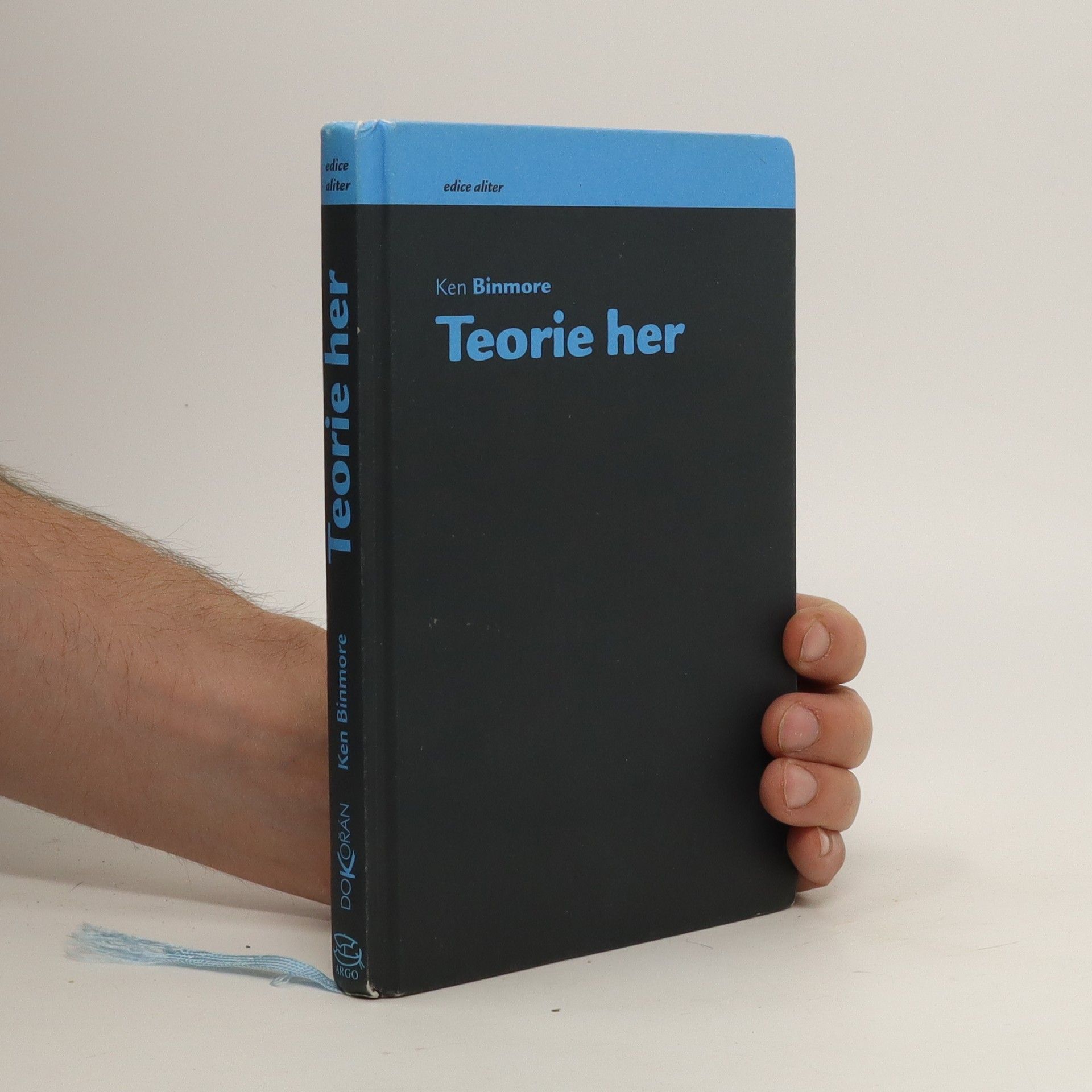Crooked Thinking or Straight Talk?
Modernizing Epicurean Scientific Philosophy
- 140pages
- 5 heures de lecture
Exploring the challenges of rational thought in contemporary society, this book delves into why people often fall prey to misleading arguments from populists and scammers. It questions the absence of philosophical guidance in navigating complex issues, urging a reevaluation of critical thinking and the role of philosophy in public discourse. The author seeks to uncover the reasons behind our cognitive biases and the societal impact of misinformation, advocating for a return to reasoned debate and intellectual clarity.






